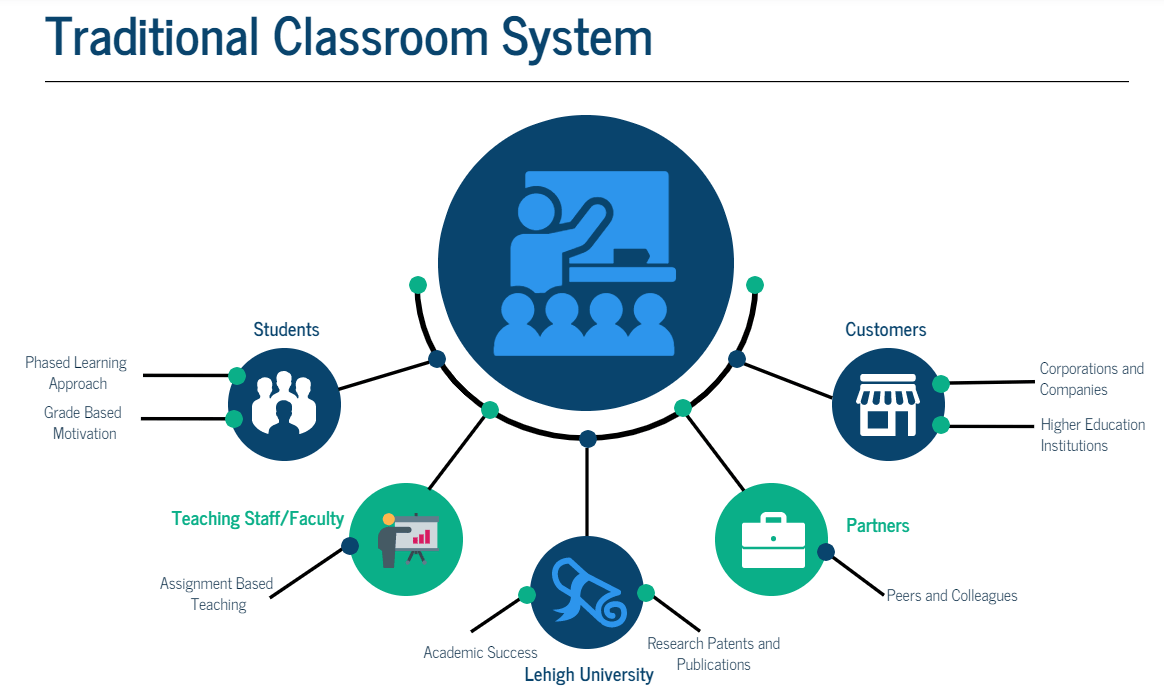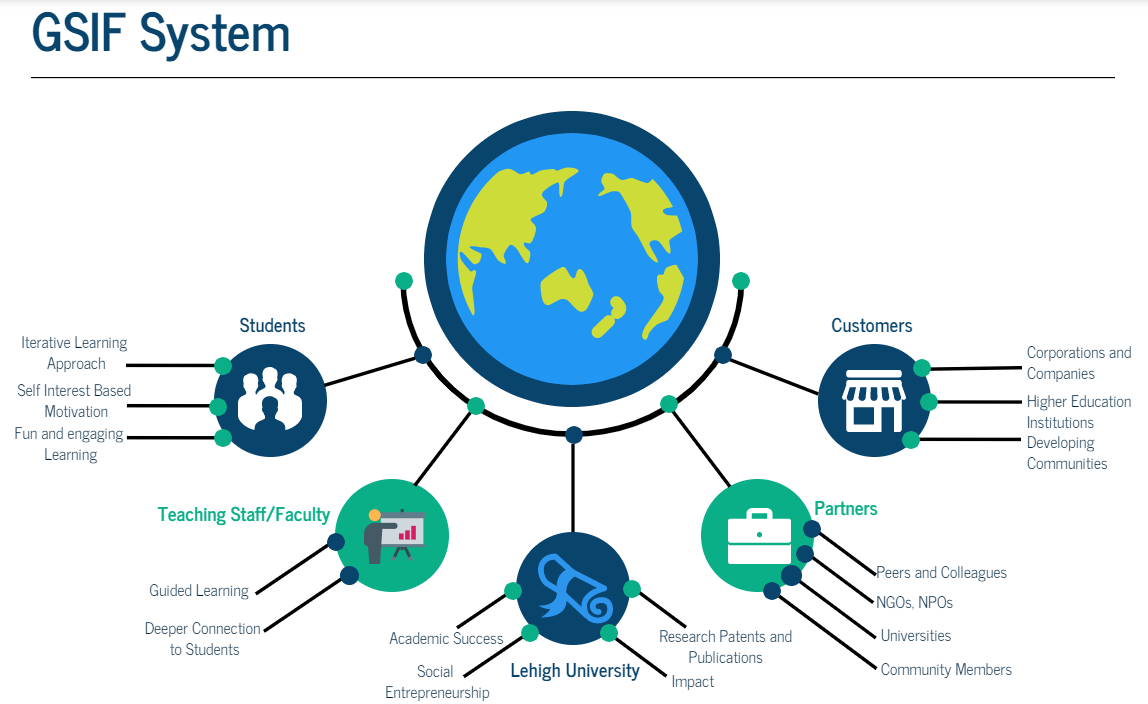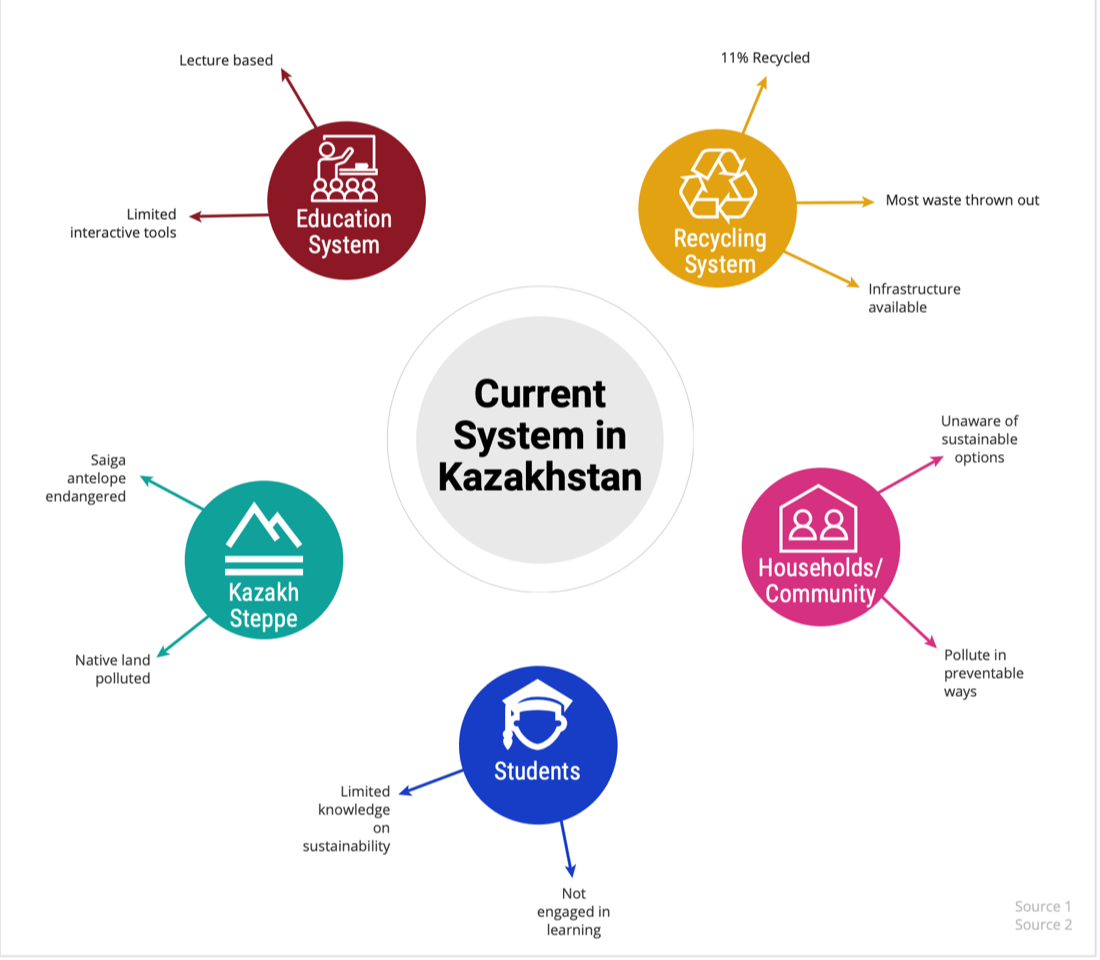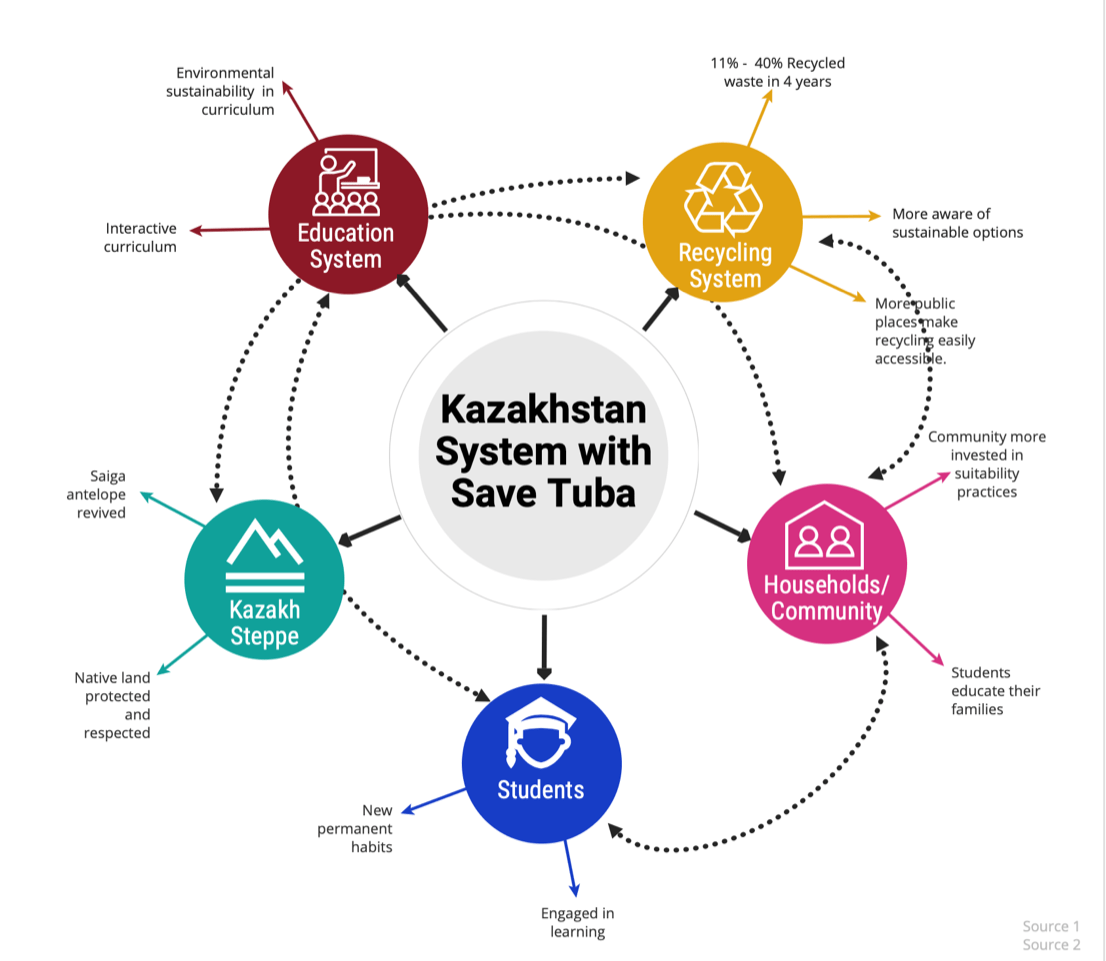I believe I was put on this earth to:
- Make the world around me a better place. For me this entails making the lives of my friends, family, and peers better in some way. Either through being a supportive person or by making the surrounding society better.
My purpose is to:
- Create societal change to some degree. Whether this be small and based in my local community of Jersey City, or back in my home country of Guyana, or anywhere for that matter, I intend to make a positive contribution to society where the quality of life of people are improved.
I believe (my core values):
The one thing I must do before I die is:
- Run for office either on the municipal level in Jersey City or as a district representative
My advocates and supporters all believe I:
- I am a driven person who is passionate about what they believe in.
The evil I want to eradicate in this world is:
- People who abuse their power, leadership, and influence to take advantage of people who are unknown to the fact that they are being manipulated
- People who are greedy and only seek to profit and help themselves
- Selfishness that is rooted deep in our society that ends up creating inequality on all levels.
I want to work in order to:
- Contribute in a meaningful way that influences first generation students, immigrants, and minorities to realize their full potential that they can be successful despite the odds being against them.
- I want to help people alike to achieve success and reduce their burden of financial insecurity which may be a cause of their poverty, lack of education, lack of resources, and overall quality of life.
- Make money to gain financial security and freedom. And use the money to help my family.
Walk the Talk – Your How
If you are truly committed to your Why, you show it in your everyday behavior. It is all air until you do it. Working from your Why, How do you prove that you are true to your Why in all you do?
I always:
- Seek to learn the truth that is not obvious through critical and analytical thinking.
- Try to be unbiased in making decisions that may affect others
I never:
- Immediately jump to conclusions that may seem true, but rather break things down and critically analyze them to ensure that the decision I am making is sound and rational.
My work style is:
- Focused and becoming more routined
- Sometimes sporadic burst of motivation
I try to treat people:
- Completely equal despite any bias, stereotypes, and stigmas I might have in my head
- I try to be completely neutral and see everyone as my equal despite any differences that arise
I approach problems by:
- First learning about the issue
- What is the micro effect of the problem i am solving
- This entails who are the people or smaller factors being affected
- Understanding each person or factors needs and desires and how these can be appropriately met
- What is the macro picture
- What the economic implications of the issue, what are the social issues
- Learning to find a balance between the different parts of the issue and finding a middle ground solution that all parties involved can mutually benefit to some degree.
- What the economic implications of the issue, what are the social issues
- What is the micro effect of the problem i am solving
Victories are time to:
- Reflect on the things that have worked and be grateful for those who have helped you achieve that victory
- Become even more motivated and driven to succeed again and hopefully make a positive impact on the world around me
If another attacks my point of view I:
- Try to explain my perspective from the different angles I am seeing something at
- Try to let them fully understand my thoughts and motivations to ensure they can see my perspective better
- Find a middle ground where we can agree and build up to my perspective from there
- If I realize through the conversation my point of view is flawed, I would thank them for allowing me to broaden my perspective.
If I fundamentally do not agree with what an organization or person is doing, I will:
- Help others see my view as well. I intend to have conversations to learn more about the different perspectives to widen my point of view and ensure I am seeing things the right way (in a more unbiased way).
- I will advocate for what I think is right by first truly understanding both parties perspectives and a middle ground that can be drawn so that some connection between the two parties is made. From there I would try to break down the reason why their actions are wrong and why I disagree with them.
Your Credibility – Your Whats
You have just spent some considerable time at Lehigh, and specifically in the Global Social Impact Fellowship, on many whats. Your whats include lab research, formal presentations, writing research papers, engaging with people in other cultural contexts, building prototypes, designing and building systems, raising funds, hiring employees, etc. The whats you have collected along the way are critical to your credibility when you are entering the workforce or applying to the best graduate and professional schools. They signify a credible currency to which organizations can assign value. Create a list of your Whats that are truly reflective of your Why & How. You did these things because you believe (Why) and you acquired them in the following (How) manner. These are examples you can use in interviews.
| What Have I Done | List of Experiences, Accomplishments, and Lessons Learned |
| Degrees, Minors, Certificates, Fellowships |
|
| Research Experiences |
|
| Inventions and Innovations |
|
| (Social) Entrepreneurial Ventures |
|
| Publications
(Formal and Informal) |
|
| Formal Presentations
(at Lehigh and Beyond) |
|
| Awards and
External Recognition |
|
Articulating and learning from GSIF-related Experiences. For each of these prompts, we want you to identify one and only one specific and compelling event/incident/experience/moment and identify exactly how you grew personally and professionally through that moment.
| Teamwork Experience
(and Lessons Learned) |
|
| Conflict Resolution Experience
(and Lessons Learned) |
|
| Leadership Experience
(and Lessons Learned) |
|
| Dealing with Chaos, Ambiguity, and Uncertainty (and Lessons Learned) |
|
| Personally Challenging Experience (and Lessons Learned) |
|
| Cross-cultural Experience (and Lessons Learned) |
|
| An experience that helped you connect your GSIF work to your discipline / major. |
|
| A moment that boosted your sense of agency and self-efficacy – you felt like you can speak for yourself, get stuff done, take on the world and make it better. |
|
| A moment where you felt like you truly have a strong sense of purpose and belonging in this dynamic, globalized interdependent world. |
|




